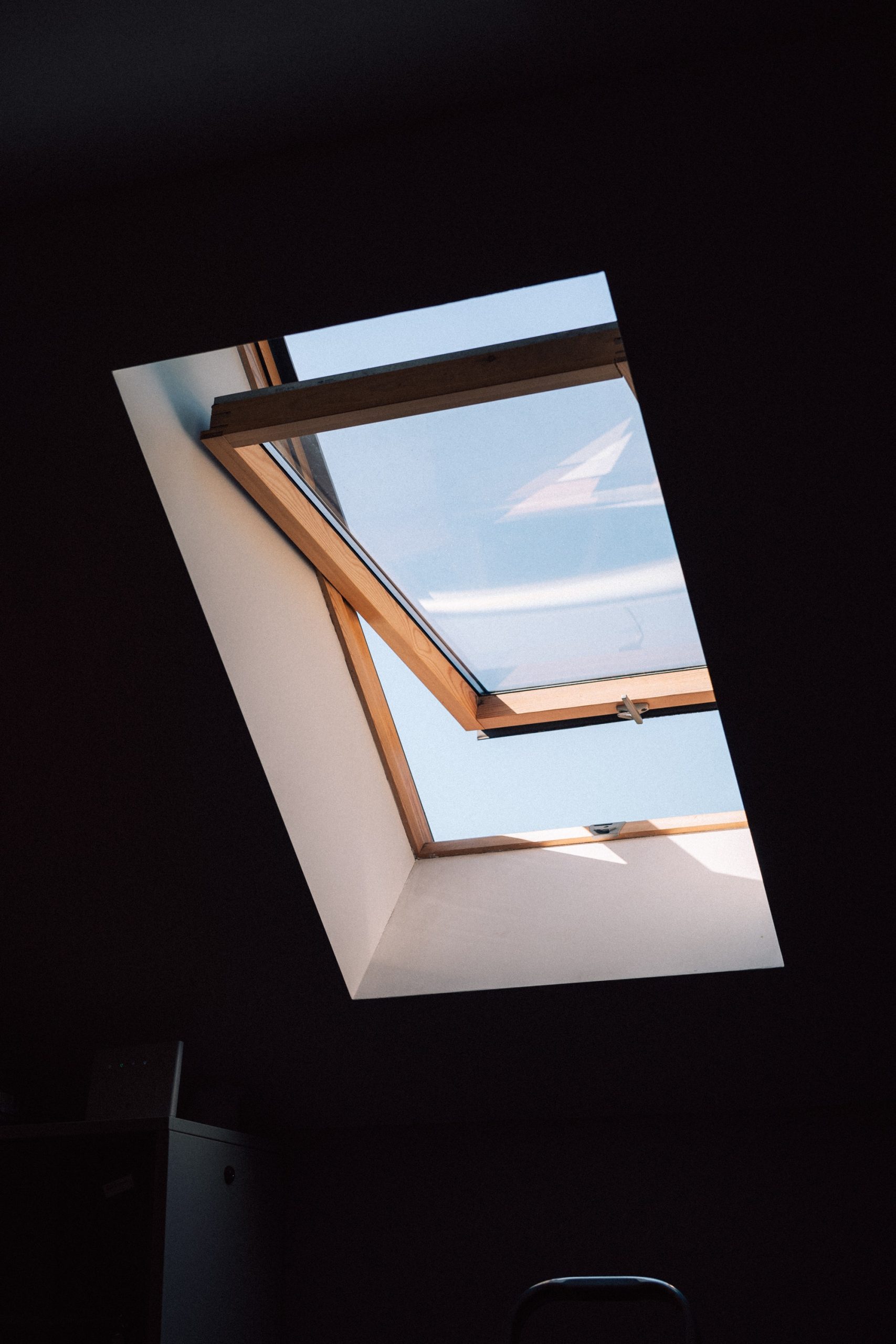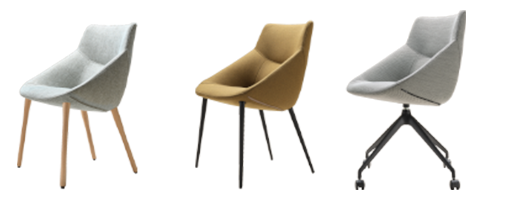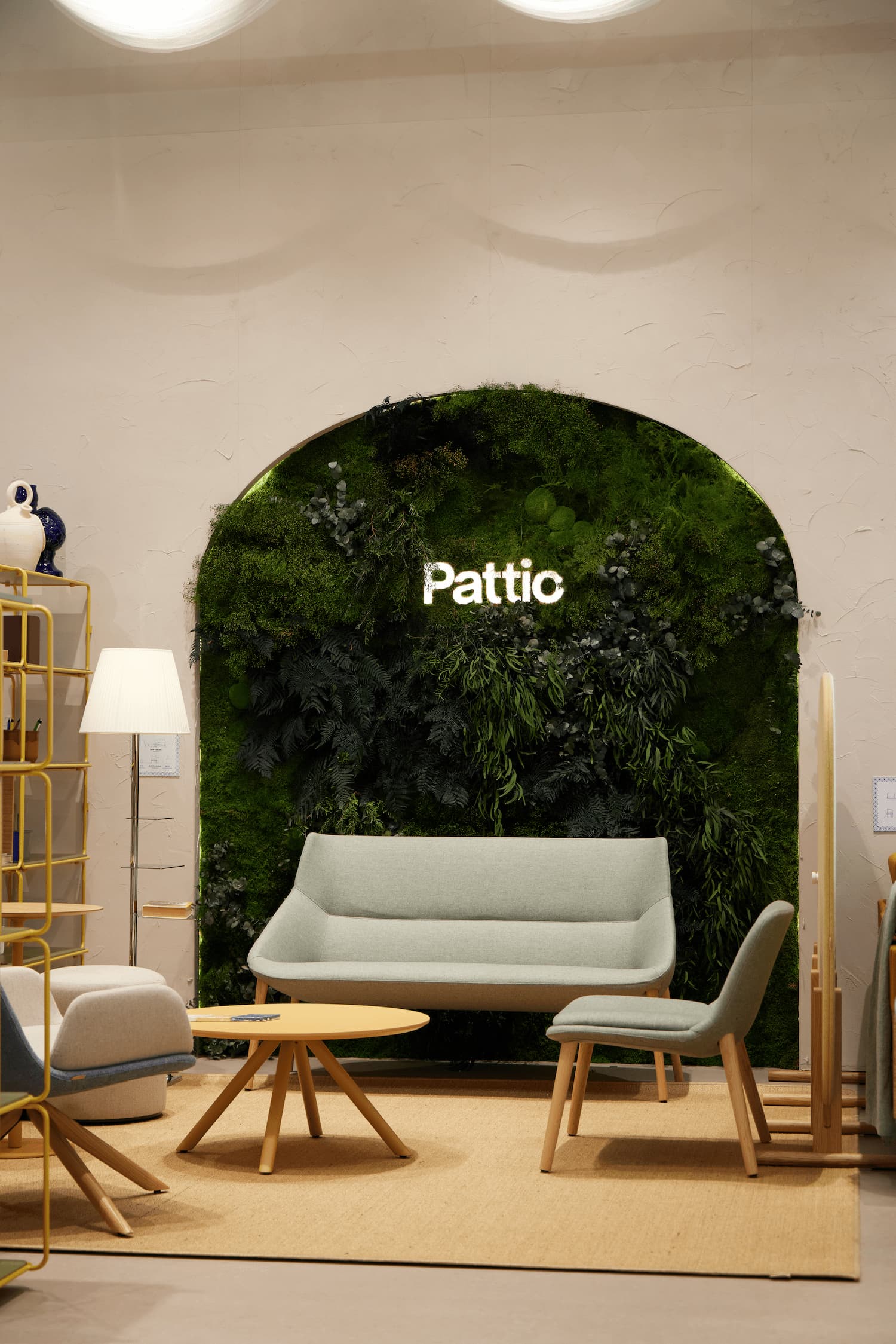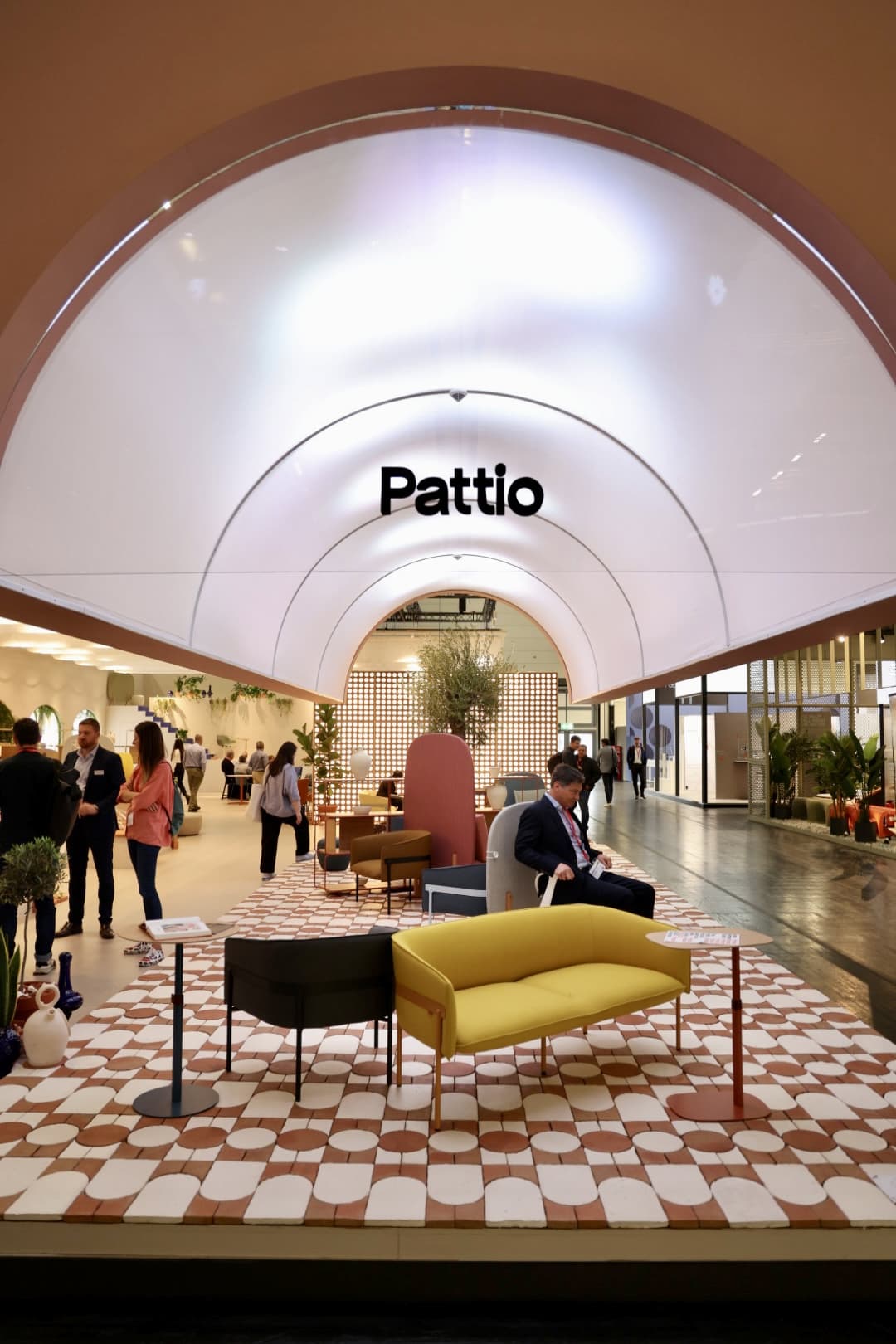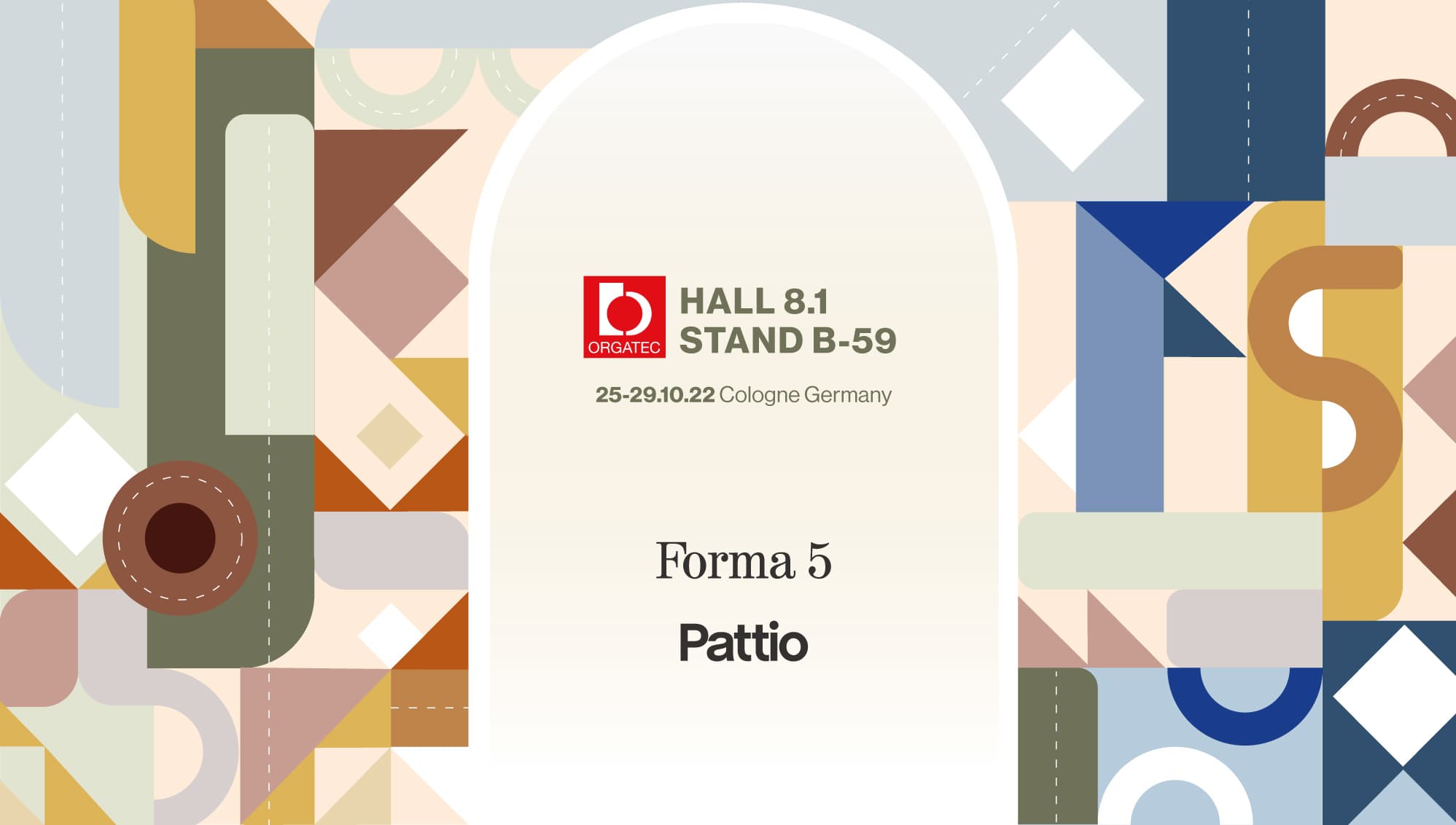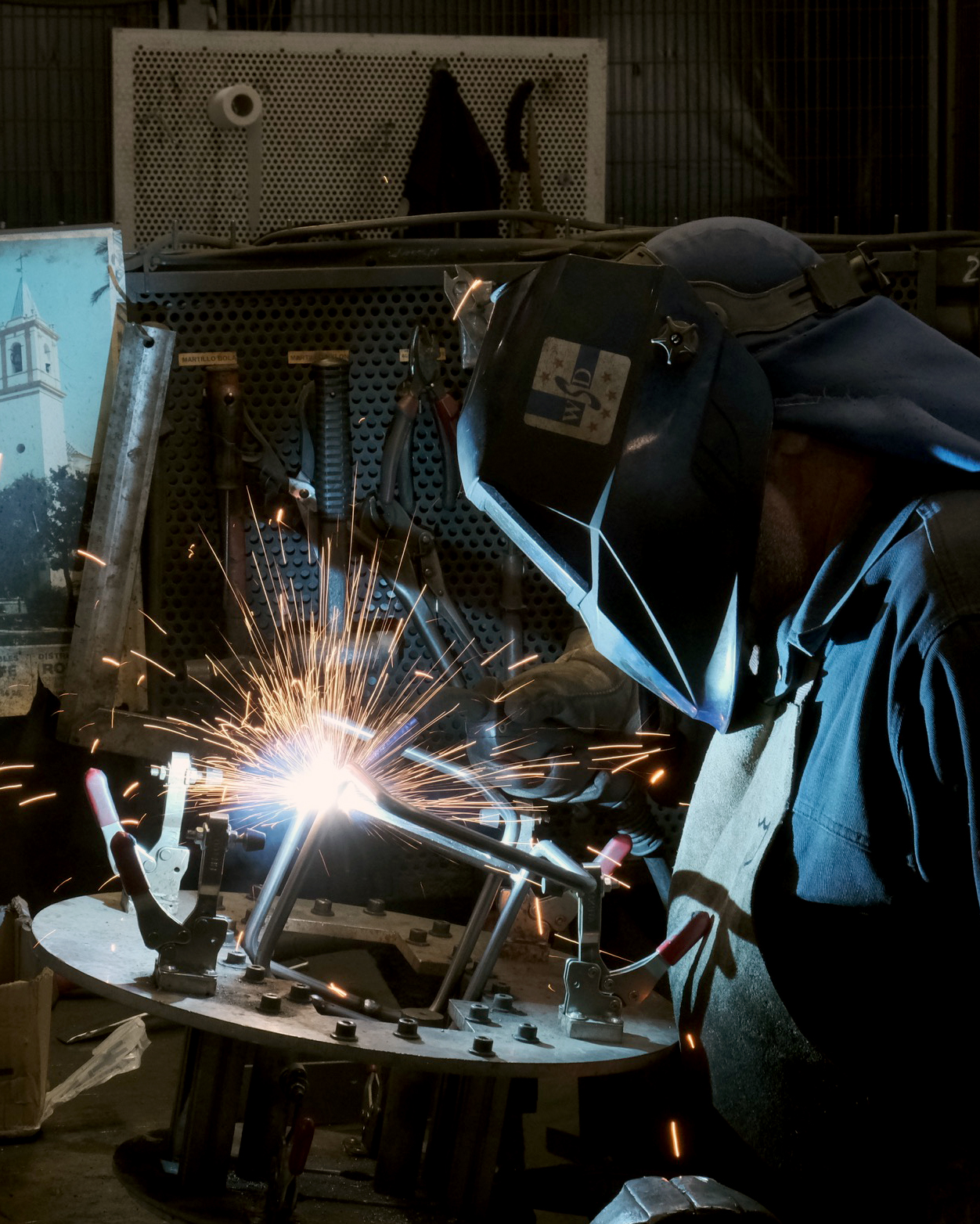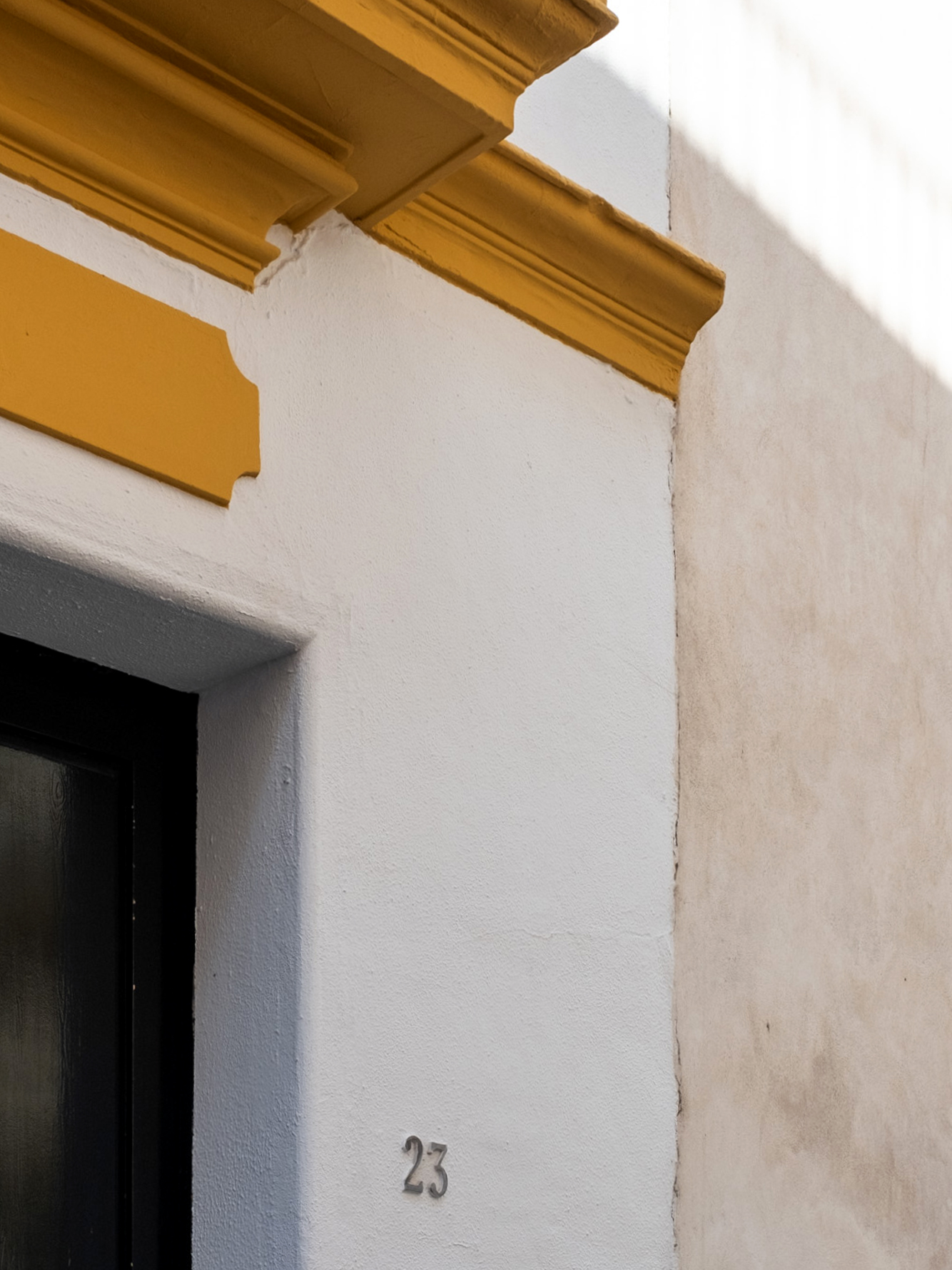What we have learned from the pandemic
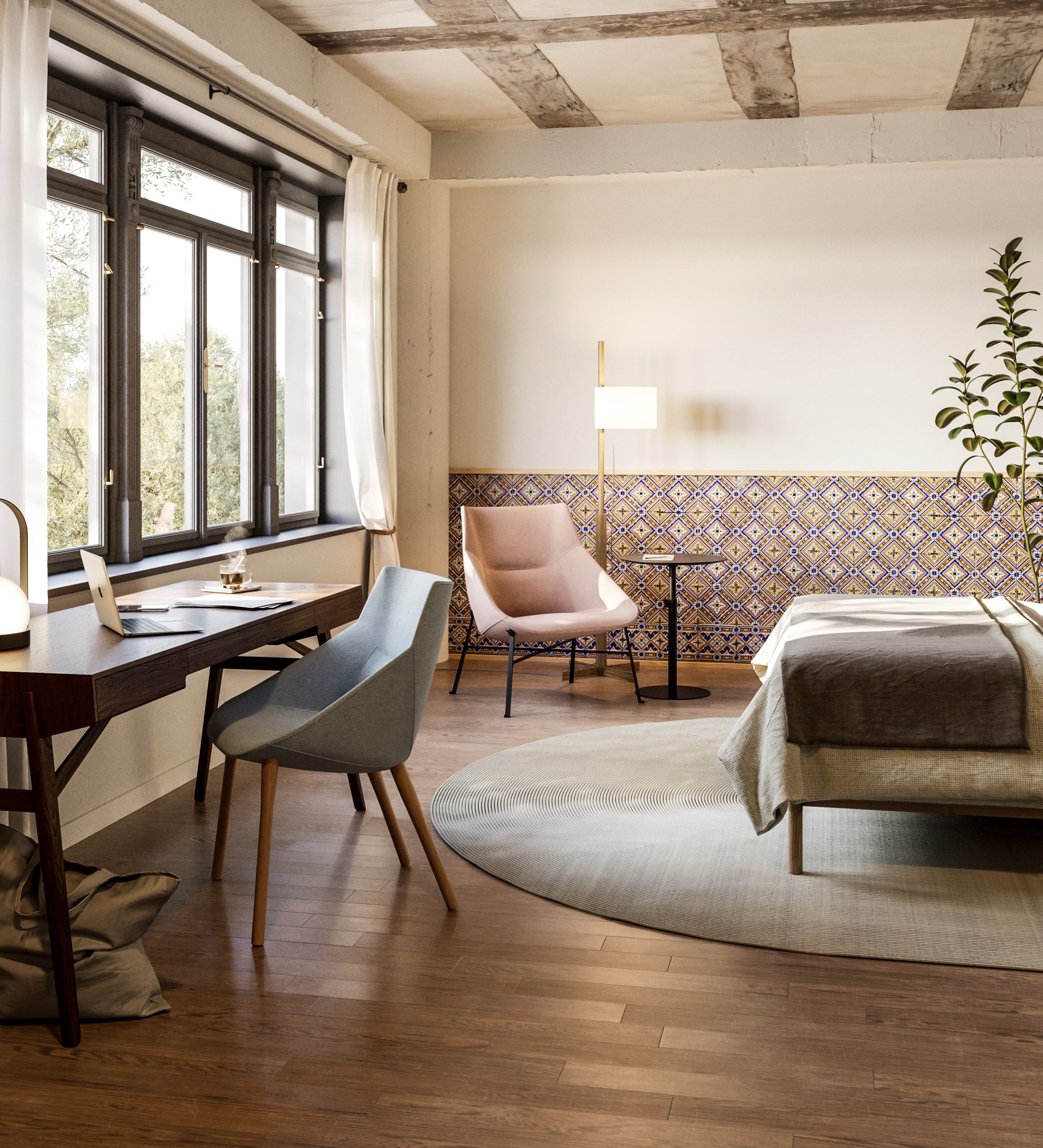
In 2020, the world witnessed an event that taught us to question the limits of all reality. Overnight, the lives of millions of people were turned upside down, transforming the their approach to social relationships, both private and professional. This change was brought about by two requirements: one was cross-cutting, , that is, it applied to all human beings equally; and a structural one, which was established to try to sustain the system that guarantees our survival today.
Locked down at home, we had to generate a new consciousness, full of new nuances. Social networks have permanently established themselves as a new means of communication. E-commerce sites found an ideal opportunity to penetrate the minds of new consumers, to gain their trust. At an emotional level, we experienced new forms of empathy and solidarity: we applauded the work of those who had to continue working, despite the circumstances; we cheered the neighbourhood from our windows in the afternoons. Of course, we also had to deal with new conflicts, new challenges arising from new and old needs.
Without leaving home, we got involved in chasing a storm of which we are still trying to learn to read all the signs. And we transformed our house, our home, into the centre of operations.
Now, more than ever, we are aware of emerging routines. The new normality has brought with it old habits, as is only natural, but it has not erased the feeling that a profound change is brewing within societies. Few people know what this disruption will entail; however, there’s a common goal: to be prepared to meet the challenges of the new world.
Offices in living rooms, living rooms in offices
The working from home formula, for example, has opened a debate about where the interests of many workers and companies meet. Although this existed prior to this new era, especially for freelance workers, the image of salaried employees working comfortably from an office or from their living room had not yet been created.
The end of the restrictions brought the issue to the forefront, and the advantages and disadvantages were immediately apparent: on the one hand, an improvement in the quality of life of employees and organisations saved on certain costs; on the other hand, processes related to the flow of synergies, teamwork, the relationship between departments and communication in general were diminished in the face of individuals being isolated.
The circumstances are specific, depending on the sector in question; but, at the same time, they’re so cross-cutting and structural that it’s essential to stop to reflect on whether the coming years will bring some kind of revolution in employment relations. And you have to be prepared for that when it happens.
If we’ve learned one thing, it’s that human beings like to feel close to home, often even in our most productive moments. As a company, we want to ensure that even when it’s not possible to bring work closer to home, we can at least bring home closer to work. How? Well…sit back and enjoy.
Conclusions of a year to last a lifetime
Generally speaking, we have learned not to take things for granted.
We can’t stop broadening horizons, since the horizon itself is unattainable.
Therefore, to conceive other points of view, to forge other perspectives, to endow things with other meanings.
To look nature right in the eye, with the challenge and respect that one professes to those who can give so much just as surely as they can take everything
To rethink our standards of coexistence, to see how one day we might be very much united one day and completely estranged the next.
That reality is an inscrutable abyss over which we can only shed, from our firm hands, some light.



